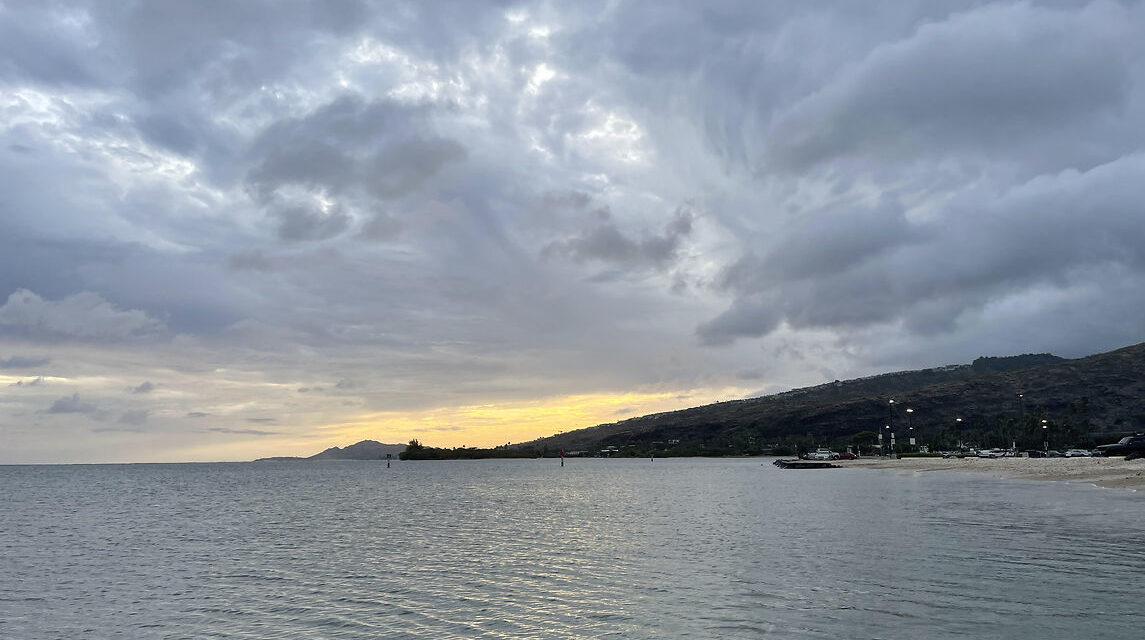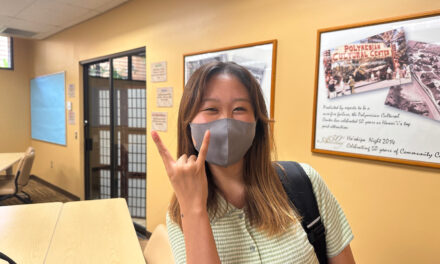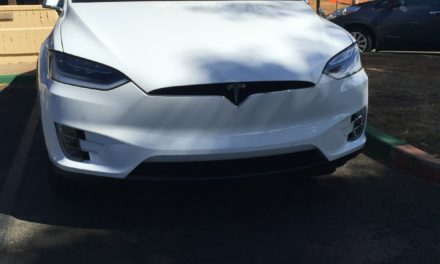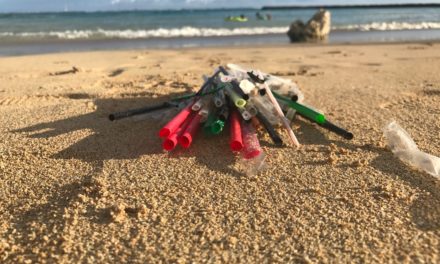It’s important to reflect on the seemingly small choices we make and think about how it affects the environment and our future. (Photo by Cameron Enomoto)
By Cameron Enomoto | Staff Writer
In honor of Earth Day, people around the world turn to cleanups and neighborhood events to do their one good deed for the year before reverting back to habits that negatively impact the environment. While it is a great opportunity to get out and help the community, there are also other ways to practice sustainability throughout the year.
Avoid fast fashion
According to BBC, fast fashion increases textile waste, carbon emissions, water usage, public health hazards, and exploitive labor usage. Over the years, retailers have shifted from prioritizing quality to cheaper and faster fashion. Essentially, these clothes are made to be discarded, and all of the inventory that is unsold ends up rotting away in a landfill. The EPA states that approximately 17 million tons of textile waste are produced every year.
In order to produce these clothes quickly and in large quantities, some companies use chemicals that can be harmful to humans. Some of these include perfluoroalkyl and polyfluoroalkyl substances (PFAS) as well as phthalates. An article by CNN stated that while the effects are not immediate, these chemicals have the potential to harm a person’s reproductive system and cause liver damage and even cancer.
Many fast fashion brands like Shein, Zaful, and AliExpress promote their items through ads that seem too good to be true along with celebrity coverage. However, people fail to see the side of the industry that exploits women and children workers. More often than not, these people are underpaid and abused. So, the next time you see an ad from a fast fashion brand, keep in mind that these are the companies that are contributing to exploitation and harming the environment.
Shop responsibly
In place of fast fashion, consumers can look for products that are manufactured and marketed responsibly. While no article of clothing is entirely sustainable, there are companies that acknowledge and account for their environmental and socio-economic impacts. Designers who are aware of these things understand that their creations have influence, whether it’s from the material they use to the way they interact with a production team.
Some of the brands that design environmentally conscious clothing include Pamut Apparel, Elegantees, and Indigenous Designs. I have found that buying clothing, especially those that are ethically sourced, can be expensive, as much as $56 for a simple blouse from Elegantees, and not everyone is able to spend that kind of money. Instead of buying everything brand new, I’ll spend time looking at second-hand stores or on resell apps like Depop and Mercari.
Buy local
Another issue that people overlook is the difference between buying local versus from corporate-run businesses. Produce from local farmers is more likely to be fresh, transportation time is decreased, and there is much less packaging involved. Additionally, most shoppers forget that pesticides and herbicides are used on produce, the upside of buying local can help shoppers identify which of these, if any, were used and how their food is grown.
Aside from environmental benefits, buying local supports businesses and can create more jobs within the neighborhood. Personally, I find it more enjoyable to actually meet the owners of businesses I am purchasing from so I know who I am supporting. Plus, customers are more likely to be appreciated by a smaller business than a large corporation.
Ultimately, Earth Day should be every day, and we shouldn’t have to wait for a calendar reminder every year to start being environmentally conscious. Each of us can do something to contribute to a more sustainable and healthier planet because, at the end of the day, every effort counts.
Local cleanup
For those interested in doing community service, the Board of Student Activities (BOSA) will be hosting an Earth Day cleanup and barbeque at Waiʻalae Beach Park this Saturday from 8:30 a.m. to 2 p.m. Trash bags and gloves will be provided for the cleanup, and food will be provided for all participants. Everyone is advised to bring their own reusable water bottle, reef-safe sunscreen, and sun-protective coverings. Carpooling or using public transportation is advised since the parking lot is small and street parking can be difficult. For those interested in attending, please use the following link to RSVP. Any questions or concerns can be sent to kccbosa@hawaii.edu.






